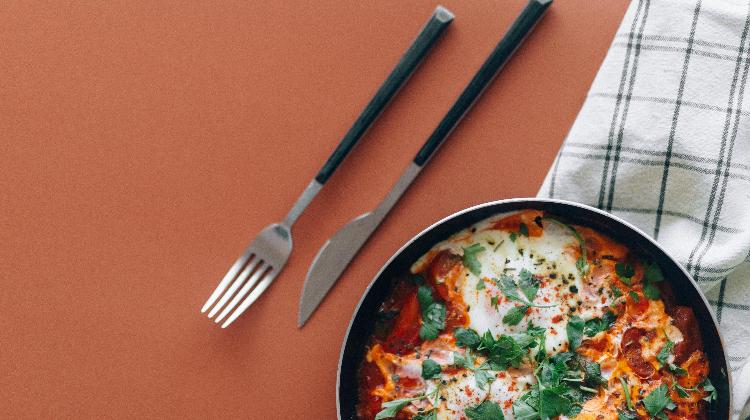Two-thirds of young Dutch financially vulnerable
The cozzie livs

Sometimes academics are accused of living in ivory towers, divorced from what most people experience in their harder scrabble lives. We have well-paid, non-physical jobs, flexible work schedules, and intellectually stimulating environments where we teach and research increasingly esoteric topics. Plus we get summer breaks where we can put our books and computers away while on holiday or at conferences around the world. So maybe the accusations are true.
I recently had such a reality check while chatting with one of my (non-academic) friends. Arjen is a student who works part-time and asked me for my shakshuka recipe, which he tried one night after our bouldering session. He really liked the dish and commented on how easy and cheap it was to make. I asked if he used organic, free-range eggs. He laughed and said no man, he buys the cage eggs because he saves whenever he can. For him, it was a luxury to buy fancy eggs.
That comment surprised me, but maybe shouldn’t have. The cost of living (or as some would call it, the cozzie livs) in the Netherlands has gone up considerably over the past few years, partly due to the pandemic, but also to the housing shortage, energy crisis, and general economic stagnation. Inflation remains relatively high, which erodes the purchasing power of consumers who may not see their nominal wages match the higher retail prices, especially those on lower incomes. In 2023, two-thirds of younger Dutch were found to be financially vulnerable. While topics like climate change, human rights, and animal welfare may be actively discussed by educated elites, the literal bread-and-butter issues of paying for rent and groceries on a tight budget are what concern most people like my friend Arjen.
So, a mea culpa to Arjen and others who may find me and other academics out of touch. Below is my recipe for shakshuka, which can be made on a student budget (about 2-3 euros per meal, with leftover spices for future use). Hope you like it as much as my friend does.
Shakshuka (makes 3 meals or 6 side dishes, about 30 minutes to prepare)
Ingredients:
- 2 tablespoons of olive oil
- 1 red bell pepper, seeded and chopped
- 1 medium onion, chopped
- 3 cloves of garlic, minced
- 2 tablespoons of harissa paste
- 2 teaspoons of paprika powder
- 1 teaspoon of ground cumin
- 1 teaspoon of ground coriander
- 2 cans of tomato, chopped or whole
- 6 eggs
- Salt and ground pepper to taste
- 100 grams of feta, crumbled or chopped (optional)
- Handful of chopped parsley (or coriander or basil, optional)
Method:
- Heat a large Dutch oven or wide pan (needs a lid, or a large plate that can cover), add oil and fry onion at medium heat for 2 minutes
- Add red pepper to pan, fry another 2 minutes
- Add garlic, harissa, paprika powder, cumin, and coriander to pan, and fry for another 30 seconds
- Add tomato and season with salt and pepper, lower heat to simmer for 15 minutes, stirring occasionally
- Use a large spoon to press indentations into the sauce, carefully crack an egg in each depression
- Cover the pan and simmer at low heat for 8-10 minutes
- Uncover and scoop eggs individually to serving bowls (1 egg for a side dish, 2 eggs for a meal), add sauce around eggs
- Sprinkle feta and parsley on top of the eggs and sauce, then drizzle with olive oil
- Serve with crusty bread